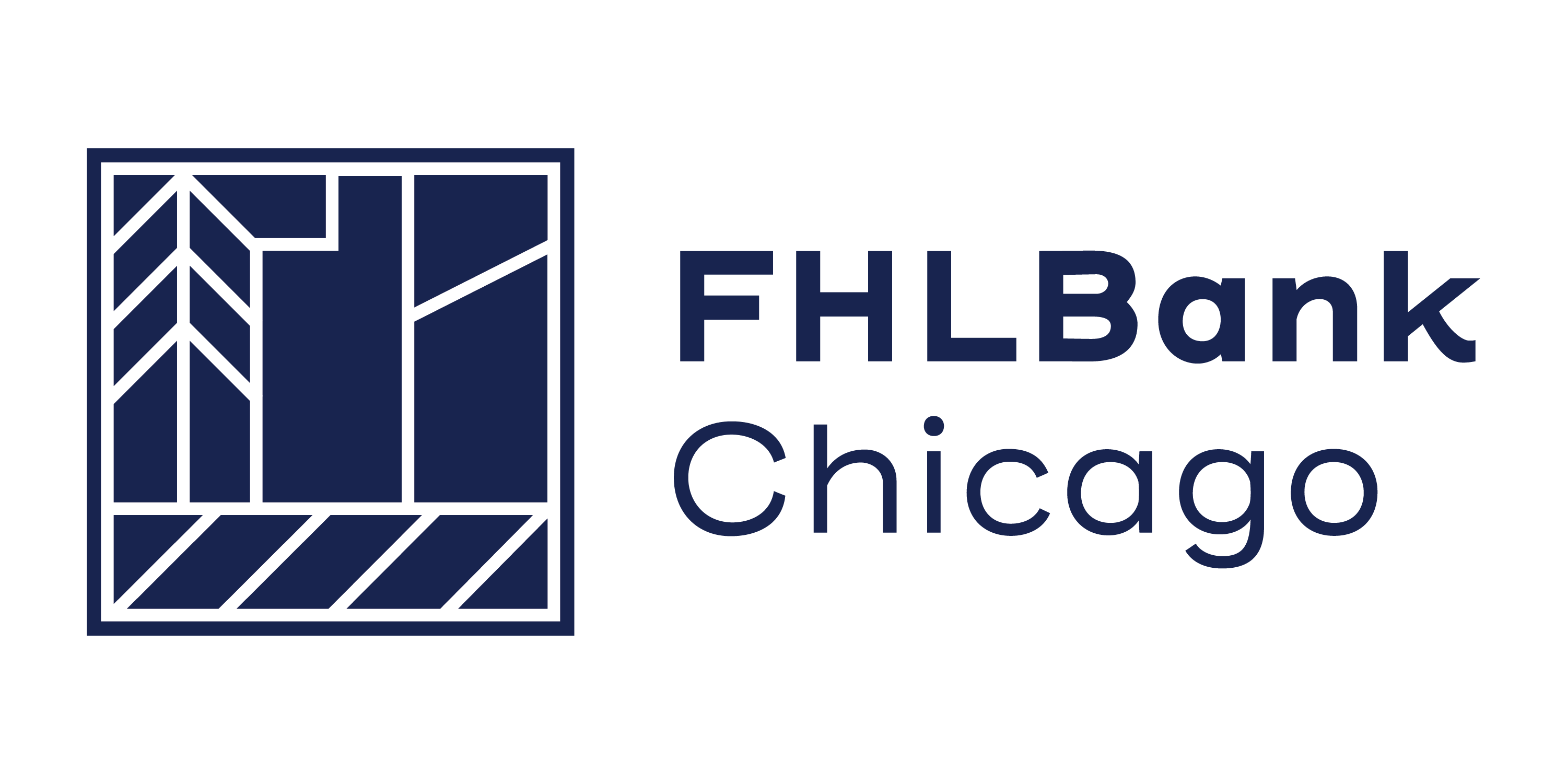Today's Advance Rates as of (CST)
| FIXED | FORWARD STARTING | |||||
|---|---|---|---|---|---|---|
| Term | Community Advances | Regular | 1 Y | 2 Y | 3 Y | |
| FIXED | FORWARD STARTING | |||||
|---|---|---|---|---|---|---|
| Term | Community Advances | Regular | 1 Y | 2 Y | 3 Y | |
| Term | Amortization | Community Advances | Regular |
|---|
| Floating | ||||
|---|---|---|---|---|
| Term | Spread1mL | Spread3mL | ||
Callable
| Term | No Call | Rate |
|---|




